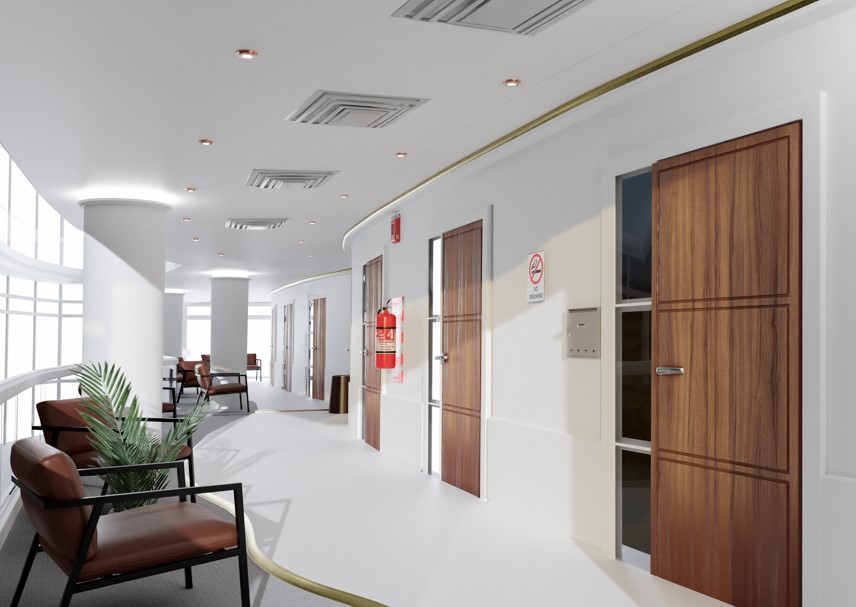18
Feb 2025
Melbourne welcomes Australia's first No-Gap private hospital.
Published in News on February 18, 2025

Adeney Private Hospital has officially opened its doors today, marking a historic milestone as Australia’s first private hospital to offer eligible customers Medibank’s No Gap program for all policy-covered services.
Located in the Melbourne suburb of Kew, this new hospital aims to provide significant financial relief to eligible patients by ensuring no out-of-pocket expenses for a wide range of medical services, including surgeries, anaesthesia, imaging, pathology, medical infusions, and prescribed PBS pharmaceuticals.
Adeney Private Hospital is a state-of-the-art, 60-bed facility featuring five operating theatres. The $100 million hospital development is the result of a collaborative effort between a group of medical professionals and Medibank’s health service delivery company, Amplar Health. Developed by Centuria Healthcare, the hospital includes a Medical Infusion Centre, three Robotic-Assisted Surgical Systems, and a Wellness Centre and Gym.
The hospital offers a broad array of specialties, including breast surgery, colorectal procedures, endocrine and ENT services, gastroenterology, nephrology, oncology, orthopaedic surgery (including knee and hip replacement), plastic and reconstructive surgery, upper GI, urology, vascular and general surgery, and more.
Amplar Health Chief Executive Robert Read highlighted the hospital’s patient-focused approach, stating: “This hospital was designed to provide value and choice to patients. With the rising cost of living, we know how crucial it is to make healthcare more accessible. This hospital exemplifies how clinicians, health funds, and hospital operators can work together to meet patient needs.”
He added: “The hospital will broaden Medibank’s No Gap program, offering eligible patients more flexibility in how their care is provided, reducing unnecessary hospital stays, and lowering out-of-pocket costs.”
Adeney Private Hospital Board Director Professor Michael Grigg AM echoed these sentiments: “No other hospital in Australia offers such a wide range of treatments on a no-gap basis to customers of participating health funds. The community is advocating for more diverse healthcare options, with many supporting the idea of shorter hospital stays paired with enhanced at-home care. Our vision has always been to provide care models that reduce out-of-pocket expenses for patients, where clinically suitable, across a range of treatment options.”
Adeney Private Hospital CEO Louise O’Connor emphasized the hospital’s commitment to patient care: “We’re thrilled to welcome our first patients on 4 March. Not only are we committed to delivering outstanding care in the hospital, but we also recognise the growing demand for home-based care. At Adeney, we’re fully equipped to support patients both in the hospital and in the comfort of their homes.”
The opening ceremony was attended by some of the 130 health professionals who will begin work at Adeney alongside distinguished guests, including:
- Dr Monique Ryan, Federal Member for Kooyong
- Dr Michelle Ananda-Rajah, Federal Member for Higgins
- Senator Anne Ruston, Shadow Minister for Health and Aged Care, and Senator for South Australia
- Ms Jess Wilson, State MP for Kew
- Councillor Felicity Sinfield, representing the City of Boroondara
- Ms Amelia Hamer, Liberal candidate for Kooyong









